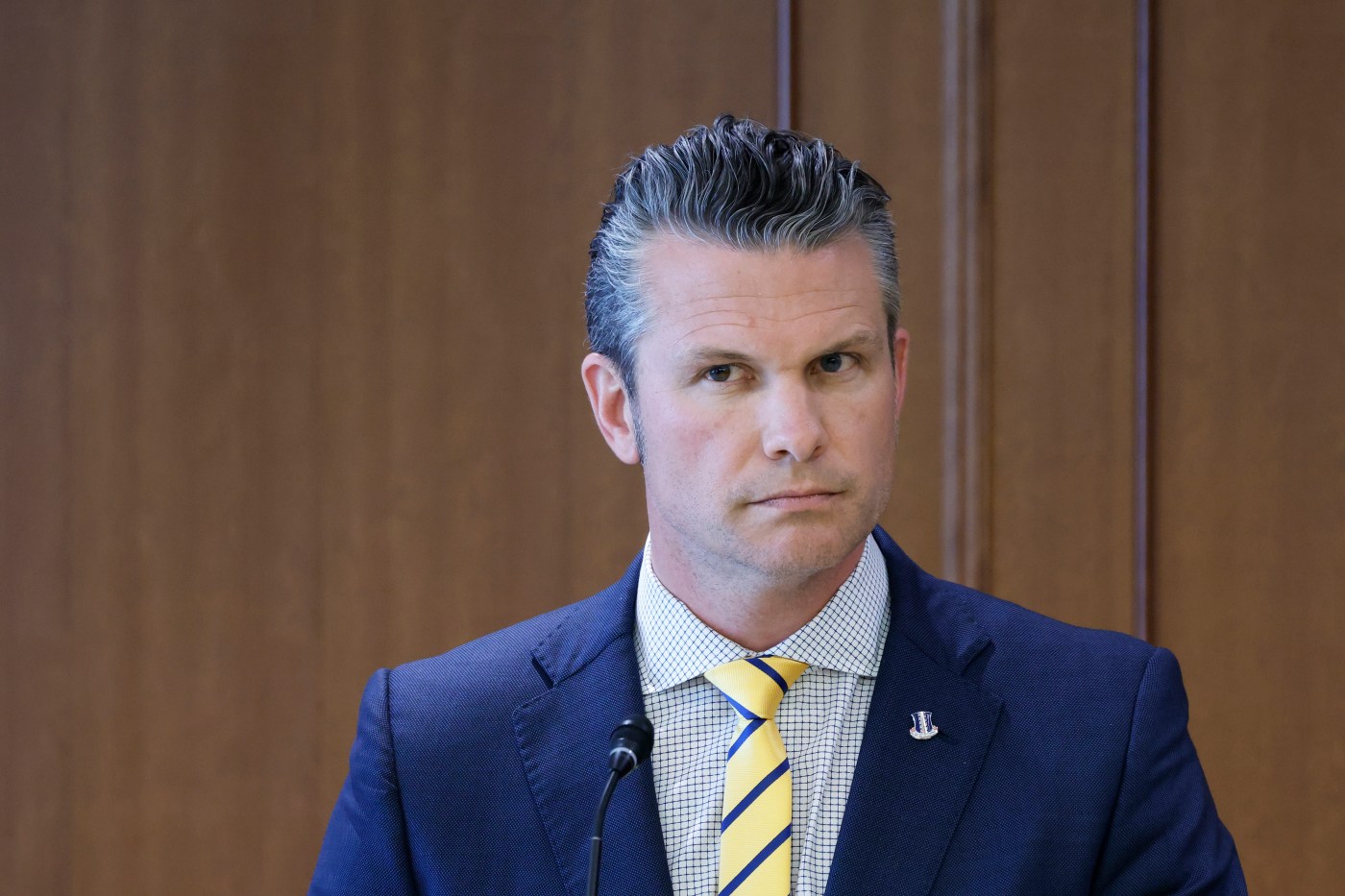
Pozniak: Signalgate chaos could have been prevented
There is a saying among lawyers and crisis communications professionals: A coverup is often worse than the crime or crisis itself. A vivid example of this is Signalgate, the national security breach scandal.
President Trump’s military and intelligence leaders inadvertently shared classified military information on a Houthi rebel attack with a magazine editor which was published online. The information was communicated on Signal, a commercial app. Once the breach of national security was revealed by national news outlets, the White House displayed complete crisis communications ignorance in controlling this firestorm.
Rather than following the gold standard of crisis response by immediately acknowledging the issue, describing how the mistake happened, communicating regret for this breach and describing what safeguards would be immediately implemented to prevent this from happening again, the White House employed a strategy of deflection and misinformation. They used words like “fake news, hoax and witch hunt.”
Their strategy of downplaying this as a non-issue backfired. A nationwide poll found that more than 70% of Americans thought the security breach was serious, including 60% of Republicans. Former and current military fighter pilots were astonished that the Secretary of Defense texted details of the classified attack plan. Retired four star Navy Admiral James Stavridis, who also served as NATO Allied Supreme Commander, said “this is a stunning breach of security that I have never seen in four decades of Navy leadership experience.” His condemnation was echoed by former CIA, National Security Council and FBI counterterrorism leader Phil Mudd and retired four star Army General Brian McCaffrey.
During my communications career I have counseled countless corporate, non-profit and government leaders in Massachusetts on the strategic steps to take when dealing with high profile issues that may negatively impact their image and reputation.
The steps include: honest communications which strengthen trust; once trust is lost it’s hard to rebuild. Avoiding misleading statements to the news media which can worsen a crisis and expand its longevity. Being transparent and proactive with communications during a crisis. This allows the organization to gain greater control of the issue, implement solutions and mitigate damage more effectively. Lastly, remembering that the public is more forgiving when organizations take public responsibility and show accountability.
If the White House followed this advice, Signalgate would have been a two-day story rather than one that continues to this day.
Honesty and transparency are the foundation of managing a crisis. Anything less risks long-term reputational and financial consequences that no business or government leader can afford.
Billerica’s Rick Pozniak has spent four decades in public and crisis communications, which he has lectured on nationally, and taught locally on college campuses.


